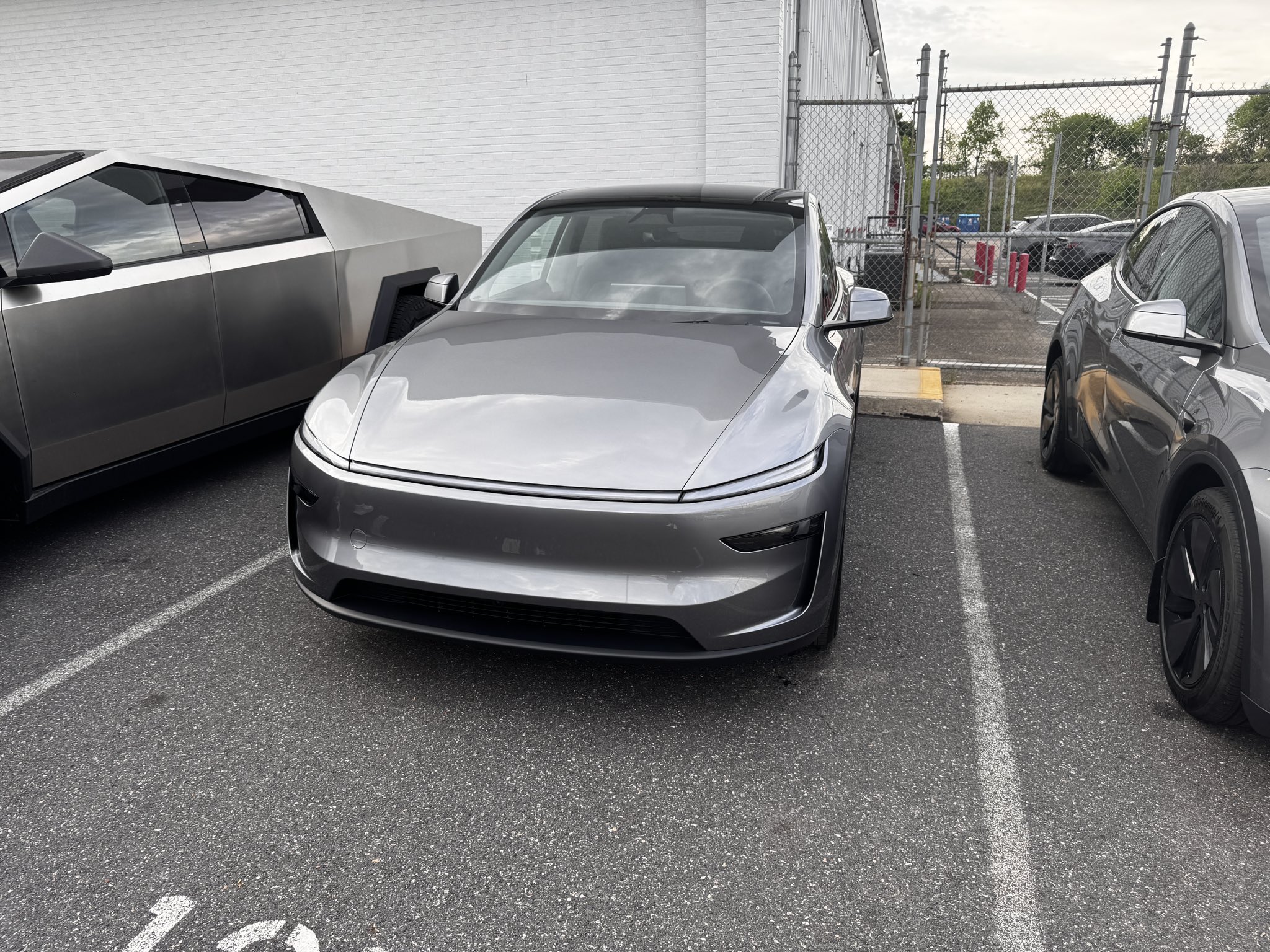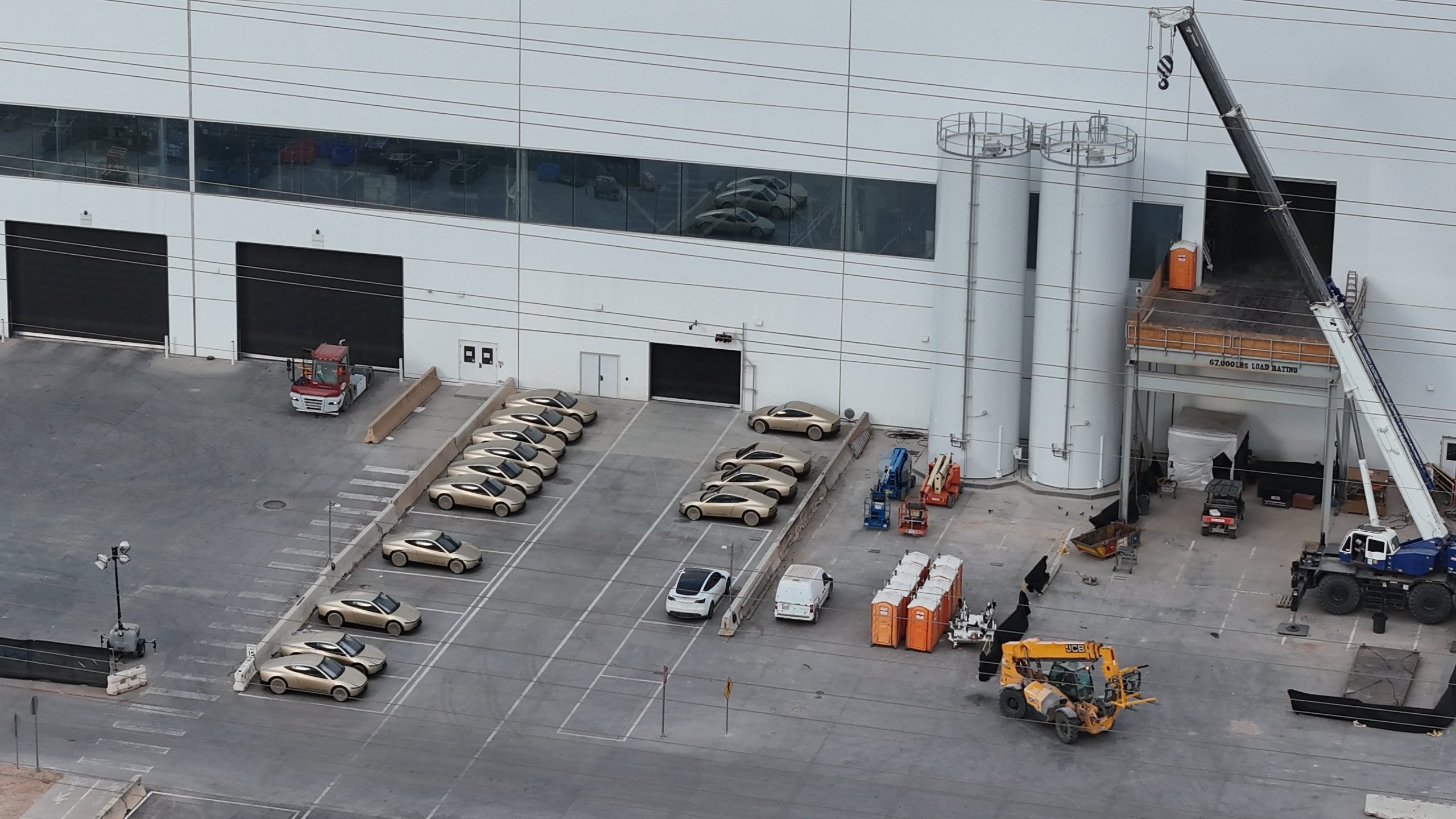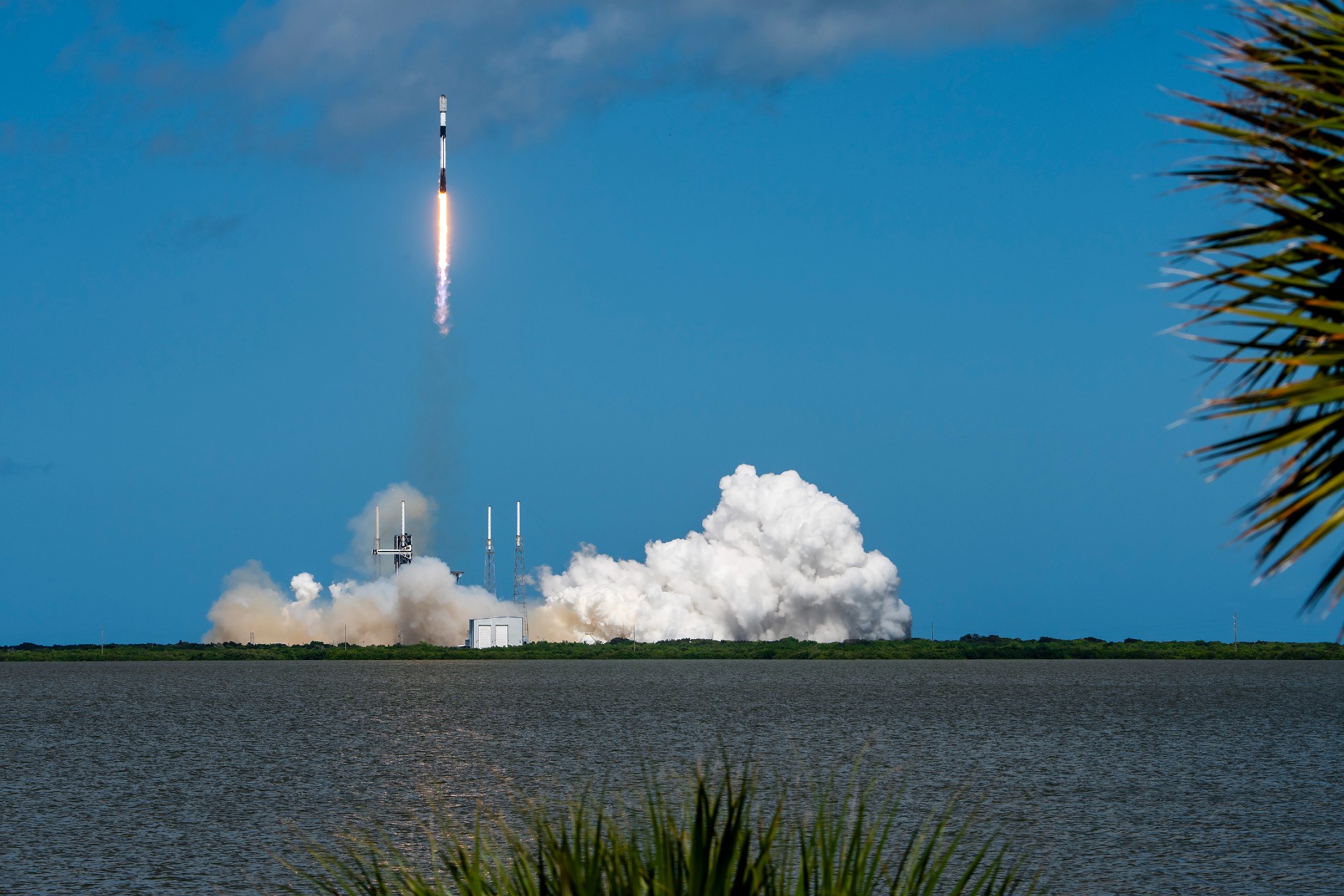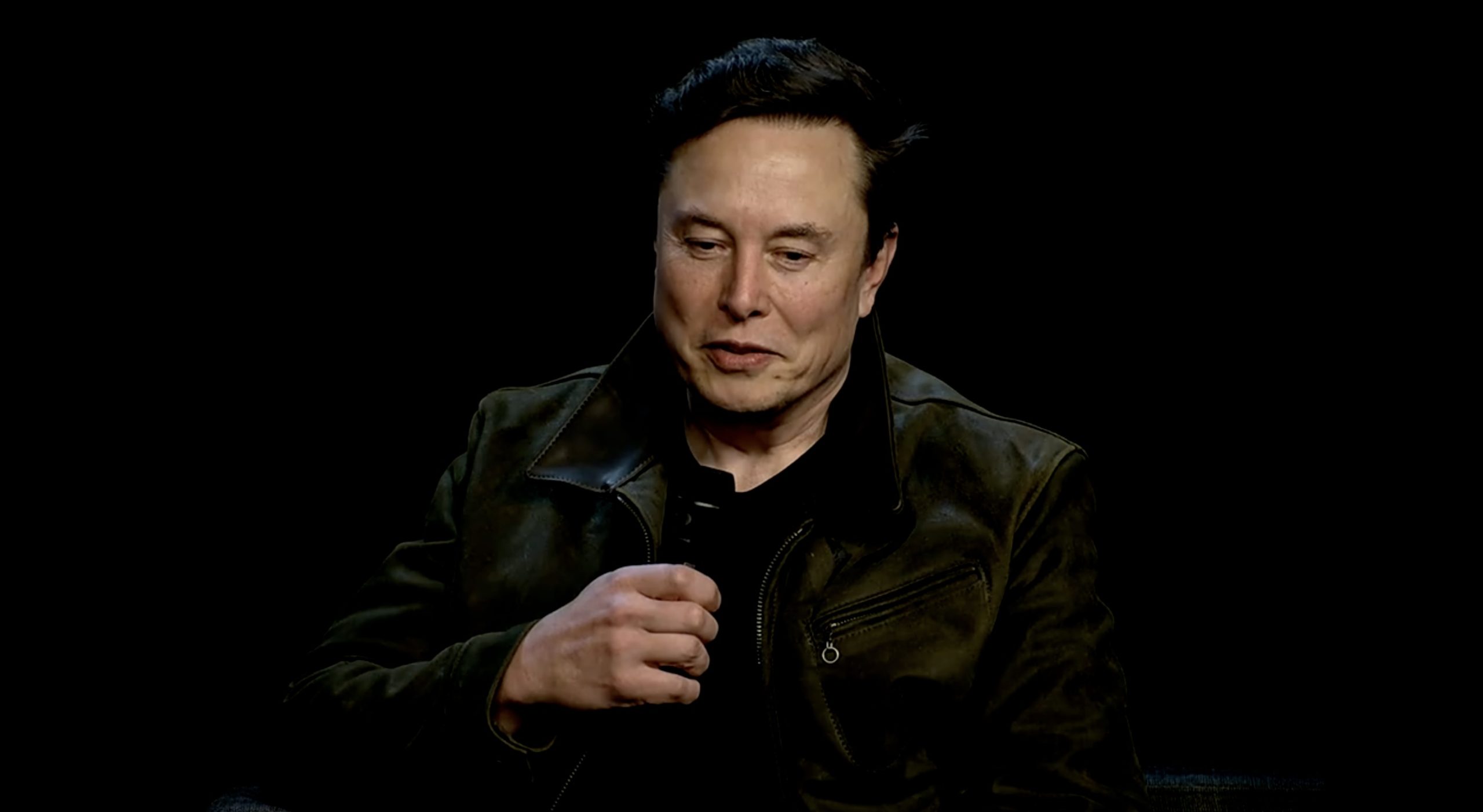Elon Musk
I took a Tesla Model Y weekend-long Demo Drive – Here’s what I learned
I had a weekend with the new Tesla Model Y, and it truly solidified that EVs are the future, if we didn’t know that already.

Tesla offered me a weekend-long Demo Drive in the new Model Y, a new program the company is offering to people as a way to taste what it is like to own an EV. For me, it was a great look into owning an EV while renting a townhouse without charging infrastructure, but it gave me a lot more insight as well.
A Sales Advisor at a local showroom texted me several weeks back to see if I would want to take the new Model Y from the showroom to my house for a weekend. I immediately said yes, scheduled a weekend when family and friends would be nearby to experience things like Full Self-Driving, and booked it.
I picked it up on Saturday at 6 p.m. as the showroom closed, and I was on my way back home within ten minutes.
First Things First
My first order of business was getting some Full Self-Driving demos in, taking my Fiancè for a hands-free — but supervised — journey first. It was not her first time experiencing FSD, as we had taken a Demo Drive a few months back and experienced Hardware 3 and the past iteration of the Model Y.
However, we only used FSD for about ten minutes while checking out a Model Y to buy back in February.
The next morning, we picked my parents up for breakfast and took them on their first-ever FSD experience. They live in a rural part of my hometown in Southern Pennsylvania, where there are no lines on the road, potholes everywhere, deer constantly crossing the road, and sharp turns that can be dangerous during the daytime, as you cannot see oncoming headlights.
🚨 First order of business: Took my parents on an FSD journey.
“Wow!”
“This is crazy!”
You could hear the skepticism in my Dad’s voice as I started the drive. By the end of it, he couldn’t believe how it navigated non-lined backroads to his house! https://t.co/qisRxDlY5O
— TESLARATI (@Teslarati) May 4, 2025
It was really something to see how my Dad changed his belief on FSD in the matter of just a few minutes. The night before, I took my Mom and Step Dad on a drive, and they felt the same way. My Dad is just more vocal about his skepticism, so I was happy to hear the reversal of his perspective.
Living without Charging and How It Changed My Mindset
One of the biggest things that kept me from buying the Model Y we looked at in February was the lack of charging in my neighborhood. I do not get to park directly in front of my front door, and my neighborhood is still considering some minor infrastructure for residents.
With the Long Range All-Wheel-Drive version of the new Model Y, Tesla boasts a range of 327 miles. We picked it up from the Showroom at 98 percent state-of-charge.
We ran our usual errands, went out to dinner, drove around for leisure to enjoy the car, and after all that, we still returned the car with 40 percent left. This truly eliminated any concerns I would have about charging at home, at least in the near term.
Realistically, I would like to have charging at home. The experience made me realize I would probably be driving to a Supercharger once a week to get range, which is about as frequent as I visit a gas pump now. It would not be a tremendous change, and it made me realize that when I do eventually make the jump, if I am still living in our townhome that we rent, I would get through it without any real issues.
Take my words as a bit of advice: If you’re overly concerned about not having charging at your apartment or home, don’t stress too much about it.
The Good and Bad with Full Self-Driving
Overall, our Full Self-Driving experience was incredibly valuable. My plan was to drive the car manually most of the time, but I truly only did that for roughly 5 percent of the miles we traveled together.
I planned for a big stress test on Sunday evening, and that’s what we did. We had to run out and get some things for a wedding we’re attending this coming weekend, and it required us to travel all over York from the East end to the West end, much of which was spent traveling on the Lincoln Highway. In West York, this stretch of highway is incredibly dysfunctional, busy, and is one of the drives I rue the most in the area.
Full Self-Driving made it very easy, as I just set the destination on several occasions and let the car do all the work.
Our first drive took us from our house to our local Target. It did everything flawlessly. I took over once we got into the parking lot just to find a parking space on my own:
🚨 Tesla Full Self-Driving takes my Fiancé and I to Target
Flawless drive! We’ll document the rest of our errands today! pic.twitter.com/TAx3mWmVgh
— TESLARATI (@Teslarati) May 4, 2025
I didn’t record the trip from Target to the Burlington Coat Factory, just a mile away, but I did record the next leg of the trip, which was from Burlington in East York to Burlington in West York. This was when I had my first complaint with FSD, and it dealt with the operation in parking lots.
You’ll see at the beginning of this video that there was an instance where the car waited for one cross-traffic warning to stop before proceeding, but ignored another cross-traffic warning from the other direction. The car pulled out on this person, you’ll see me wave to apologize, then I take control of the car, as it was too close to that other car for my liking. This was the only issue we experienced on this drive:
🚨 On this drive, FSD pulled out of this spot while there was a car approaching from our right (you’ll see the Red cross-traffic warning on the screen)
It also approached that vehicle a little too close for my liking, so to be safe I took over.
A great drive across town… pic.twitter.com/ANuZ4QcZB6
— TESLARATI (@Teslarati) May 4, 2025
I found that parking lots were a weak point of FSD. It is not that I did not feel confident in its abilities to make it through these lots safely, but it reminded me a lot of what I think a 16-year-old who just got their license would drive through a busy parking area: hesitant, not confident, tentative.
Several of our X followers said the same thing:
This is such a problem… To the point I don’t even use start FSD from Park anymore
— ProjectRCC (@Project_RCC) May 5, 2025
Parking lots are little bit of a weakness. But I believe this will be solved in the next update we get 💯
— Overly Optimistic Future (@OOpFuture) May 4, 2025
Leaving the West York Burlington and heading to a Walgreens to pick up some pictures we had printed was the next leg of our journey. This was where we got to test a difficult off-ramp on I-83 south and Autopark in the Walgreens parking lot.
The off-ramp for the Market Street exit and the on-ramp use the same lane, so merging traffic can be a bit of a nightmare for those trying to get off of the highway, which is what we were trying to do. FSD managed it cleanly, as several cars were merging onto I-83, the car found a soft spot in the traffic and got off without any issue. This impressed me because I know it can be stressful at times, especially during rush hour.
Autopark worked well and backed into a spot with no issues:
🚨 The final leg of our trip here: FSD did a great job of navigating through this parking lot and getting us onto a highway with a very short on-ramp (a very typical part of living and driving in Pennsylvania).
Also, Autopark did a great job! I would like to see it improve by… pic.twitter.com/OBefKZKDCo
— TESLARATI (@Teslarati) May 5, 2025
Our final trip with FSD was from our home to the showroom. This would be our longest single-trip using FSD, and it was the most impressive yet.
The first thing it was tasked with was merging onto the highway with a very short lane to do so. FSD recognized this, saw an oncoming car that did not get over into the passing lane to make space (despite it having the room to do so as a courtesy), and sped up to take the slot it was given. It overtook slower cars, stayed in the right lane near on-ramps to make merging for others easier, and got us through the Harrisburg split with no issues.
As we turned onto the Carlisle Pike, the right lane was closed about a quarter-mile after we merged onto it. We had a vehicle beside us that did not want to let us over, so FSD waited, allowed the car to pass, and quickly took the three-car-length gap, safely getting on. This was a funny one because I noticed my Fiancè’s hand grab the handle on her door as a reactionary response.
She realized after it was unnecessary, and it did a better job than many people we know would have done:
🚨 The new Tesla Model Y drove my Fiancé and me back to the Tesla Showroom today to part ways 🥺
It was awesome to have an entire weekend with this awesome car. This 45-minute drive is condensed to just 36 seconds.
One portion of this drive included an impressive merge into a… pic.twitter.com/TjCXcpRUXG
— TESLARATI (@Teslarati) May 5, 2025
This finished our experience with the Model Y for the weekend, and it was hard to say goodbye.
Conclusion
It seems that a trade-in will be happening in the coming months. My biggest reservation was residential charging, and I learned it really was not something I needed to be overly concerned about.
Full Self-Driving was truly the big thing that sold me on this car. The new Model Y is obviously a great vehicle to begin with, but FSD was the number one thing that I will miss because it made driving such a breeze.
More novelty things I will miss are being able to watch YouTube while I wait in the car, and pranking people with the Fart on Contact/Sit Happens feature, something that gave us all a good laugh.
It was a great weekend with the new Model Y! In the coming months, I hope to get my hands on another vehicle for a weekend.

Elon Musk
Tesla ramps Cybercab test manufacturing ahead of mass production
Tesla still has plans for volume production, which remains between four and eight weeks away, aligning with Musk’s statements that early ramps would be deliberately measured given the Cybercab’s novel architecture and full reliance on Tesla’s vision-based Full Self-Driving technology.

Tesla is seemingly ramping Cybercab test manufacturing ahead of mass production, which is scheduled to begin next month, the company said.
At Tesla’s Gigafactory Texas, production of the Cybercab, the company’s groundbreaking purpose-built Robotaxi vehicle, is accelerating markedly. Drone footage from Joe Tegtmeyer captured striking aerial footage today, revealing what appears to be the largest public sighting of Cyebrcabs to date.
A total of 25 units were observed by Tegtmeyer across the Gigafactory Texas property, marking a clear step-up in testing and validation activities as Tesla prepares for a broader output.
Tesla Cybercab production begins: The end of car ownership as we know it?
In the footage, 14 metallic gold Cybercabs were parked in a tight formation outside the factory exit, showcasing their sleek, autonomous-only design with no steering wheels, pedals, or traditional controls. Another 9 units sat at the crash testing facility, likely undergoing structural and safety validations, while two more appeared at the west end-of-line area for final checks.
Big day for Cybercab at Giga Texas today! Actually, yesterday to kick off March, the production line went into a higher volume & today we see 25 at three main locations, and there were several others I observed driving around too!
I think this may be the largest single grouping… pic.twitter.com/HZDMNv57lJ
— Joe Tegtmeyer 🚀 🤠🛸😎 (@JoeTegtmeyer) March 3, 2026
Tegtmeyer noted additional Cybercabs driving around the complex, hinting at active movement and real-world testing beyond static parking.
This surge follows the first production Cybercab rolling off the line in mid-February 2026, several weeks ahead of the originally anticipated April start.
That milestone, celebrated by Tesla employees and confirmed by CEO Elon Musk, kicked off low-volume builds on the dedicated “unboxed” manufacturing line, a modular process designed to slash costs, reduce factory footprint, and enable faster assembly compared to conventional methods.
Industry observers interpret the jump to dozens of visible units in early March as evidence that Tesla has transitioned into higher-volume test manufacturing.
Tesla still has plans for volume production, which remains between four and eight weeks away, aligning with Musk’s statements that early ramps would be deliberately measured given the Cybercab’s novel architecture and full reliance on Tesla’s vision-based Full Self-Driving technology.
The Cybercab, envisioned as a sub-$30,000 autonomous two-seater for robotaxi fleets, represents Tesla’s bold pivot toward scalable autonomy and robotics.
Tesla fans and enthusiasts on X praised the imagery, with many expressing excitement over the visible progress toward deployment. While challenges remain, including software maturity, regulatory hurdles, and supply chain scaling, the increased factory activity underscores Tesla’s momentum in turning the Cybercab vision into reality.
As Giga Texas continues expanding and refining the manufacturing process of the Cybercab, the coming months will prove to be a pivotal time in determining how quickly this revolutionary vehicle reaches roads in the U.S. and internationally.
Elon Musk
SpaceX to launch Starlink V2 satellites on Starship starting 2027
The update was shared by SpaceX President Gwynne Shotwell and Starlink Vice President Mike Nicolls.

SpaceX is looking to start launching its next-generation Starlink V2 satellites in mid-2027 using Starship.
The update was shared by SpaceX President Gwynne Shotwell and Starlink Vice President Mike Nicolls during remarks at Mobile World Congress (MWC) in Barcelona, Spain.
“With Starship, we’ll be able to deploy the constellation very quickly,” Nicolls stated. “Our goal is to deploy a constellation capable of providing global and contiguous coverage within six months, and that’s roughly 1,200 satellites.”
Nicolls added that once Starship is operational, it will be capable of launching approximately 50 of the larger, more powerful Starlink satellites at a time, as noted in a Bloomberg News report.
The initial deployment of roughly 1,200 next-generation satellites is intended to establish global and contiguous coverage. After that phase, SpaceX plans to continue expanding the system to reach “truly global coverage, including the polar regions,” Nicolls said.
Currently, all Starlink satellites are launched on SpaceX’s Falcon 9 rocket. The next-generation fleet will rely on Starship, which remains in development following a series of test flights in 2025. SpaceX is targeting its next Starship test flight, featuring an upgraded version of the rocket, as soon as this month.
Starlink is currently the largest satellite network in orbit, with nearly 10,000 satellites deployed. Bloomberg Intelligence estimates the business could generate approximately $9 billion in revenue for SpaceX in 2026.
Nicolls also confirmed that SpaceX is rebranding its direct-to-cell service as Starlink Mobile.
The service currently operates with 650 satellites capable of connecting directly to smartphones and has approximately 10 million monthly active users. SpaceX expects that figure to exceed 25 million monthly active users by the end of 2026.
Elon Musk
Elon Musk’s xAI and X to pay off $17.5B debt in full: report
The update was shared initially in a report from Bloomberg News, which cited people reportedly familiar with the matter.

Elon Musk’s social platform X and artificial intelligence startup xAI are reportedly preparing to repay approximately $17.5 billion in outstanding debt in full.
The update was shared initially in a report from Bloomberg News, which cited people reportedly familiar with the matter.
Morgan Stanley, which arranged the debt financing for both companies, has reportedly informed existing lenders that X and xAI plan to pay back the full amount of the $17.5 billion debt. Bloomberg’s sources did not disclose where the capital for the repayment would be coming from.
X, formerly known as Twitter, assumed roughly $12.5 billion in debt during Musk’s acquisition of the company. xAI separately borrowed about $5 billion through bonds and loans last June. The two firms merged last year under xAI Holdings.
Bloomberg noted that portions of the debt are relatively recent and may carry early repayment penalties. xAI’s $3 billion in high-yield bonds are expected to be redeemed at 117 cents on the dollar, reflecting a premium since the debt was expected to stay outstanding for at least two years.
X has been servicing tens of millions of dollars in monthly debt payments, while xAI has reportedly been burning approximately $1 billion in cash per month as it invests heavily in data centers, chips, and AI talent. That being said, xAI also concluded a funding round in January, where it raised $20 billion of new equity.
The repayment plans come as Musk consolidates several of his businesses. SpaceX recently acquired xAI, making it a subsidiary as the company explores plans for space-based data centers. The combined entity has been valued at approximately $1.25 trillion.
Bloomberg previously reported that SpaceX is targeting a confidential IPO filing as soon as this month, potentially positioning the private space firm for a public listing later this year. Representatives for Morgan Stanley declined to comment, and X and xAI did not immediately respond to requests for comment.








